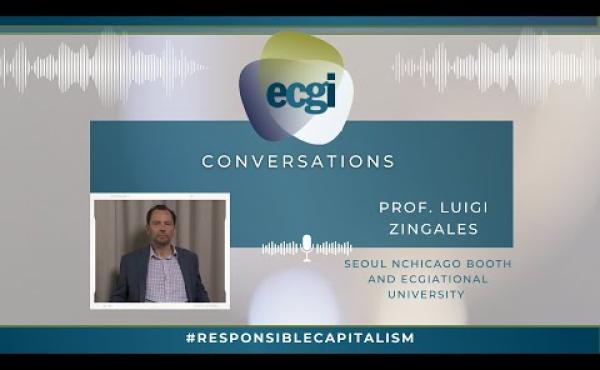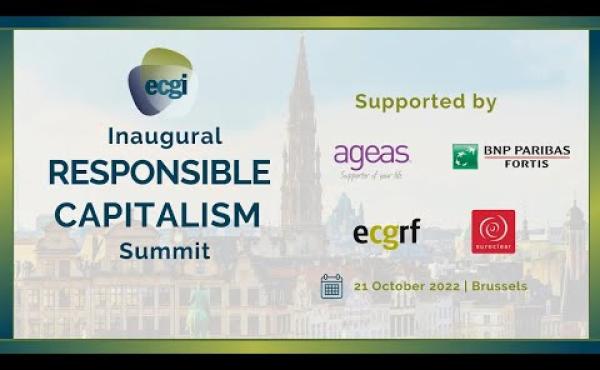Law Series
The New Corporate Governance
Abstract
In the last few years, there has been a dramatic increase in shareholder engagement on environmental and social issues. In some cases shareholders are pushing companies to take actions that may reduce market value. It is hard to understand this behavior using the dominant corporate governance paradigm based on shareholder value maximization. We explain how jurisprudence has sustained this criterion in spite of its economic weaknesses. To overcome these weaknesses we propose the criterion of shareholder welfare maximization and argue that it can better explain observed behavior. Finally, we outline how shareholder welfare maximization can be implemented in practice.













